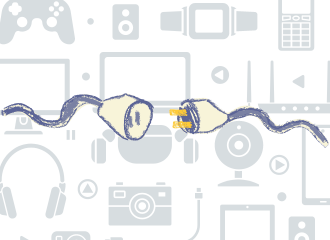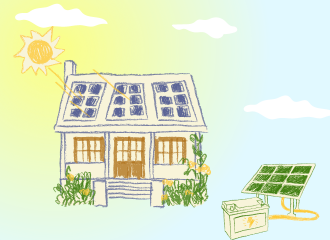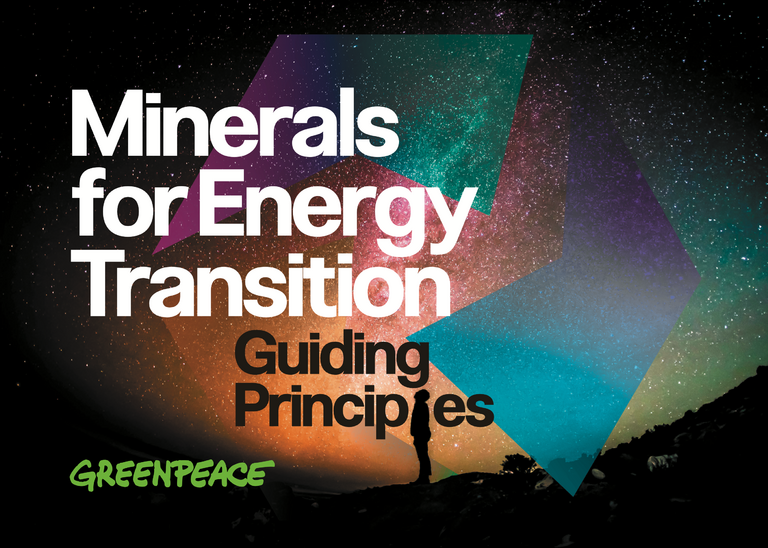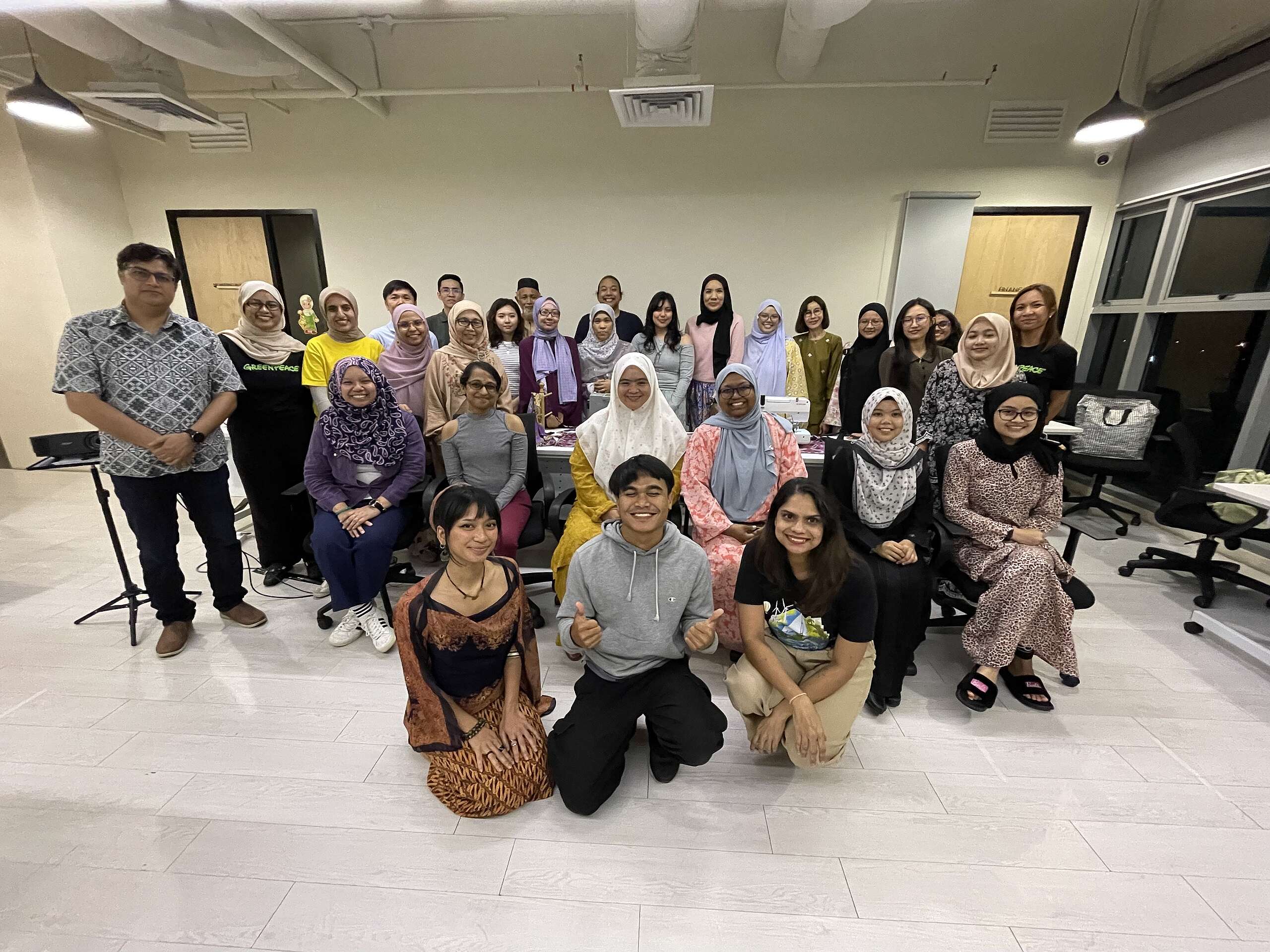Save lifestyle costs through responsible energy consumption.
The demands of hectic schedules in these modern days have led to a new philosophy of slow living. It’s a lifestyle change that encourages us to embrace a slower pace with intentional actions in various aspects of our lives.
As part of International Clean Energy Day, let’s aim to explore how we can take on this concept of being more intentional while saving money on our daily electrical consumption. Less energy consumption means less dependence on the current fossil fuel-based resources of energy generation. Both energy efficiency and energy conservation approaches reflect the principles of slow living, emphasising conscious choices to reduce energy consumption.
Common energy efficiency and energy conservation practices include utilising LED lighting systems, using a timer for air-conditioning, and opting for 3-5 star-rated electrical equipment, especially for high-consumption appliances such as air-conditioning, refrigerators, and water heaters.
Here are five ways you could adopt both of these approaches in your daily life, this could become an enjoyable creative project that stimulates your mind while promoting sustainability and contributing positively to the environment:
1. Disconnect, Embrace Nature

Limiting the time you spend on your devices, including a laptop, phone, and television, and choosing a hobby that allows you to be in nature or engages you in a creative activity such as solving puzzles, painting, or playing chess, isn’t only reduces your electrical consumption; it’s also a good practice for your mental health.
2. Conscious Consumption

When you’re not using your charger or electronic appliances – unplug it! Simply turning it off keeps it in standby mode, resulting in continued electricity consumption at a small percentage, eventually increasing overall electrical consumption. Take advantage of natural sunlight when available. Also, be mindful of your water consumption, as water heaters can contribute to high electricity usage. If we can reduce this consumption, it could make a significant difference in our overall energy consumption. Additionally, opt for natural sunlight whenever it is available.
3. Community Engagement

Slow living involves cultivating stronger community connections. Consider this as your sign to adopt a new hobby, such as community gardening or farming. It could expand into other community projects, like building a walkable community, which encourages the adoption of green transportation, such as walking or bicycling, for short-distance journeys.
4. Cook and Bake Mindfully

Cooking and baking are other creative activities that can be easily adopted. Meal prepping allows for better time management throughout the week while ensuring you can maintain a healthy diet. Batch cooking, where similar meals are prepared, helps reduce energy consumption. Apart from that, opt for defrosting food naturally without the need of a microwave, while using appliances such as slow cookers and air fryers can help lower electrical consumption.
Reduce the energy consumption of the fridges by making sure not to overfill or put hot food into your fridge as it will end up disrupting internal temperatures and increase the energy generated to cool down the space.
5. Renewable Energy

Abundant renewable energy sources, such as solar energy, are readily available in Malaysia so you could also consider installing solar panels in your homes. They might be pricey upfront but can pay off as an investment in the long run. We’ll also keep campaigning to make solutions to the adoption of solar energy more available, feasible, and affordable. Why? Because at the end of the day, we are pushing to ensure the entire energy supply chain is renewable, sustainable and green.
At the same time, we know the adoption of solar panel systems comes with financial limitations and potential side effects on the environment, so keep a lookout for our upcoming articles on how we’re aiming to tackle these issues!
Slow-living serves as the perfect antidote to our fast-paced lives of today. Perhaps you’ve already jumped into it head first! But we hope this acts as a mini reminder to take care of your mental health – while taking care of the environment.
Share with us any other tips you’ve been using to reduce electrical consumption and how you practice the art of slow living!




